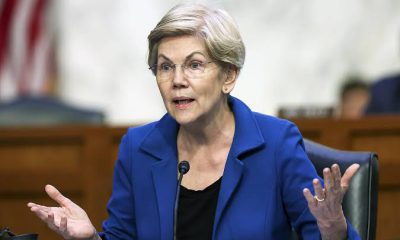
Cryptocurrency
Portuguese Regulator Grants First Crypto License To Bison Bank

Portugal based Bison Bank, has been granted authorization by Banco de Portugal to operate as a “virtual asset service provider” (VASP), making it the first bank in the country to do so.
iexclusivenews reports that the Portuguese Central Bank (Banco de Portuga)l added “Bison Digital Assets”.As the country’s fifth licensed crypto exchange to its roster of virtual asset service providers on Thursday.

This online news outlet understands that the company would position its crypto services to high net worth customers, according to local media
And will operate under Bison Bank, which is completely owned by a Chinese private capital corporation based in Hong Kong.
In April 2021, rules were enacted that subjected cryptocurrency exchanges to a central bank-run licensing system.

Later that year, in June, licenses were issued to the exchanges Mind The Coin and Criptoloja, making them the country’s first two VASPs.
Meanwhile, iexclusivenews Nigeria reports that Utrust received the first “all categories” VASP license from the regulator in March 2021.
Allowing it to conduct crypto-to-crypto swaps, transfers to wallet addresses, and custody.
And storage of private keys in addition to providing a fiat on-ramp. Bison Bank has received an all-category license as well.
[the_ad id=”41670″]
What You Need To Know
Portugal has long been seen as a crypto-friendly country and a tax shelter for cryptocurrency.
Because bitcoin is considered a means of payment or currency rather than an asset.
There are no capital gains or personal income taxes on it unless it is an individual’s entire source of income in Portugal.
The country announced intentions to develop Technological Free Zones (ZLTs) in April 2020.
Regions where firms can test products and services, with the country stating that blockchain technology would be tested as part of its digital transformation plan.
The Portuguese government stated in October 2021 that it would form a working group involving public and private sector enterprises, as well as experts, to build a National Blockchain Strategy.
The organization has been researching how the technology could be used in the country as well as clarifying regulatory requirements.




























